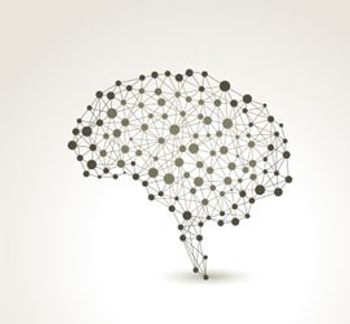
Brain-based biomarkers identify more biologically homogeneous categories of psychosis than do clinical diagnoses.

Brain-based biomarkers identify more biologically homogeneous categories of psychosis than do clinical diagnoses.
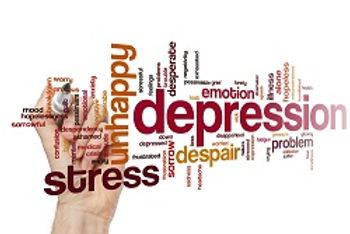
Recently, there were two reports about concerns over changes in terminology in our field. So, what's in a name?

Many teens believe the only way to escape bullying is "not to be here." The author examines recent studies that demonstrate the problem isn't going away.

While much in the history of “madness” has changed over the course of time, one of the most consistent-yet sometimes overlooked-features of that history has been the presence of the visual arts.

Are you up-to-date on the risk of recurrent pneumonia in patients with schizophrenia when an antipsychotic is reintroduced?

This will be a busy year as the role of new digital tools in medicine converge to offer novel opportunities to clinical care.

We see yet another confirmation that thyroid hormone has value as an augmentation agent. What does this mean for our patients?

What can we do, as a society, to reduce the levels of incivility and narcissism that appear to be on the rise?
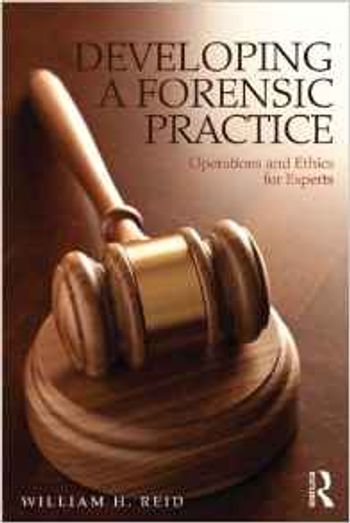
There is a lot to think about when starting a private practice-and yet more to consider when embarking on a forensic psychiatry practice. A review of a classic book that written by a giant in the field.

New evidence-coupled with advances in molecular biology-has afforded an unparalleled opportunity to move toward identifying potential new treatments for schizophrenia.

This method of administration can mitigate the psychotomimetic and dissociative effects of ketamine.

Many college students who engage in binge drinking, experiment with illicit drugs, and/or misuse pharmaceuticals will go through this rite of passage relatively unscathed. However, others will not.

In the years of transition to adulthood, obtaining adequate assessment and treatment for ADHD is often more difficult than at any other point during the lifespan.

The research on electronic aggression among college students indicates that it is highly prevalent, with over 93% of college students reporting some negative effects due to electronic victimization.

Strategies to decrease the chances that individuals will fall through the cracks in the college years.

The authors examine the potential areas of concern during the postpartum period, as well as practical approaches to differential diagnosis and treatment.
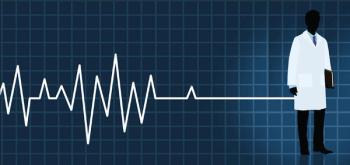
Could right-to-die laws result in people requesting death, even in the face of of potentially treatable health problems?

A penguin? An igloo? A big snowflake? Weigh in on this Rorschach-type image, just for fun.

A report of initiatives that have raised awareness of and promoted data sharing and data transparency in order to advance science and improve public health and health care.
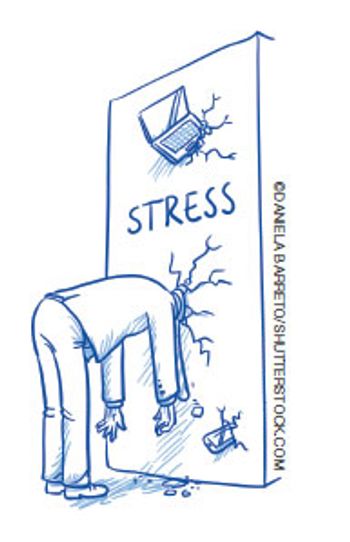
We psychiatrists are best equipped to design and participate in programs to help diminish workplace triggers for burnout. And, even more important, we are well equipped to recognize signs of burnout in ourselves.
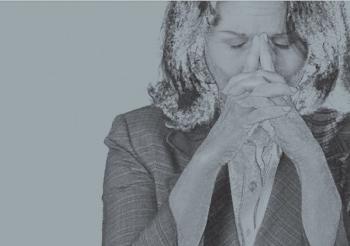
A personal account by a psychiatrist who has battled depression.

If my dad looked back on those ferocious battles he fought in the south Pacific, he never let on.
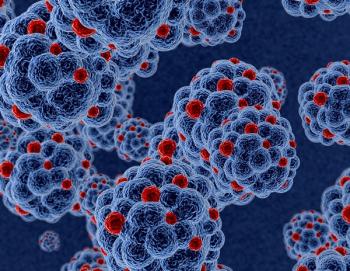
An overview of the interface between HIV/AIDS infection and mental illness.

Tears track his leathered face like seawater spilled from a sinking hull...

Gun violence by alienated, disgruntled individuals isn't new. So what changes may help account for our recent spate of mass shootings?

Neuroinflammation may be a culprit in the development of psychosis. What are the clinical implications?

How targeted interventions may reduce the burden of premature mortality among patients with schizophrenia and other psychiatric disorders.

Hopefully the words imparted here convey the scope of our profession and psychiatry at its best. We have been-and should be-so much more than the current 15-minute med check.

What are the pros and cons of integrative psychiatry? Integrative Medicine columnist for Psychiatric Times, James Lake, MD, addresses common myths in this Q&A.
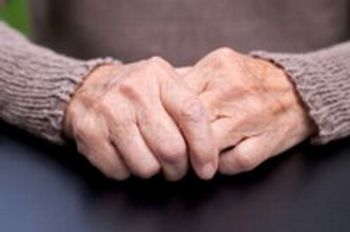
This article reviews the different categories of elder abuse, emphasizing the role and requirements for psychiatrists, with a focus on financial elder abuse.